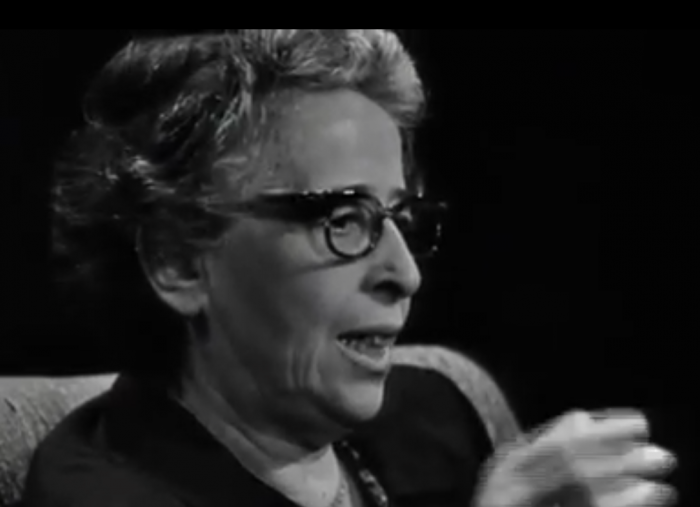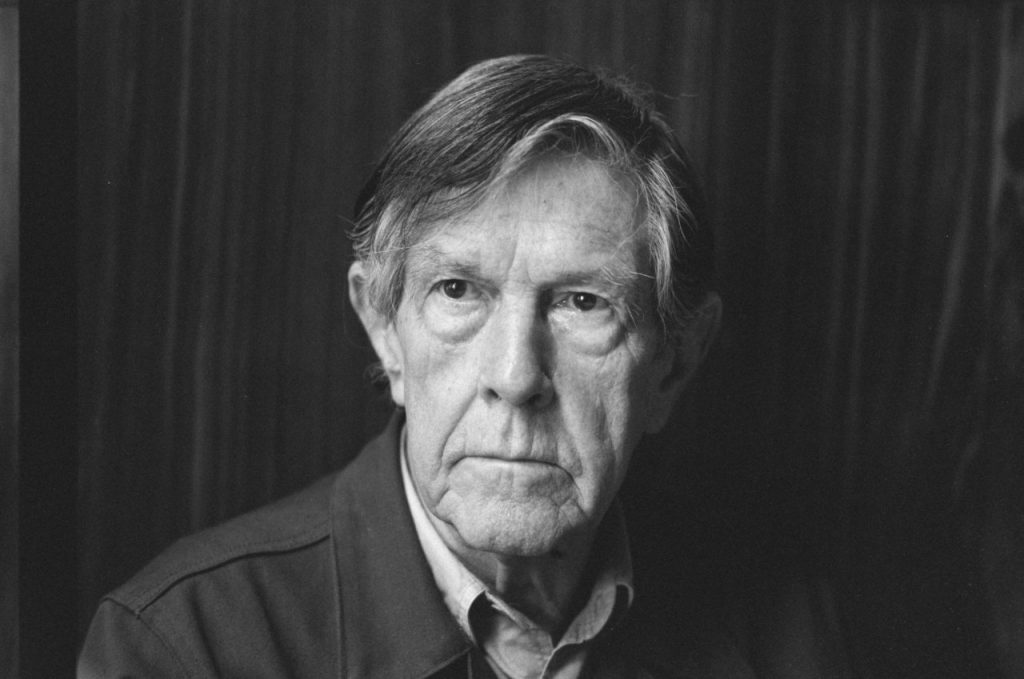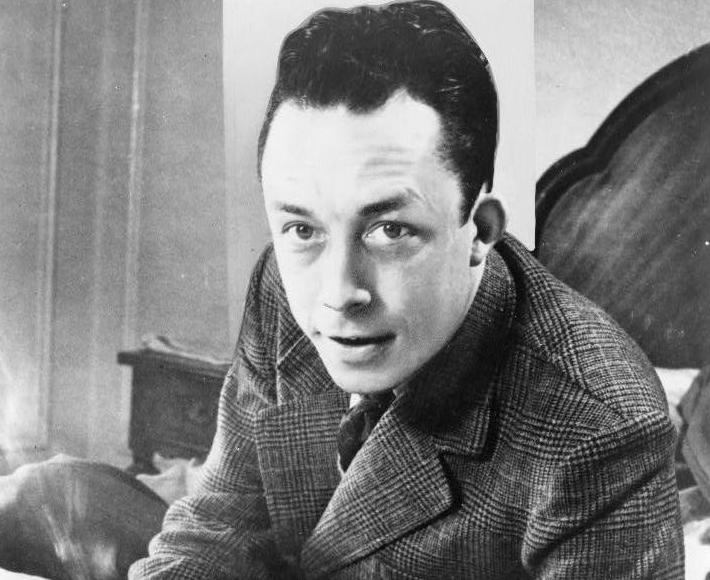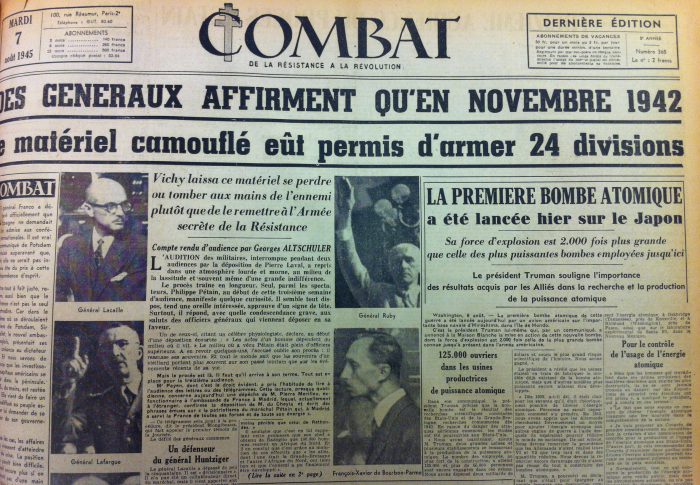Nice guys, so they say, finish last. Many of us might instinctively label such a worldview “Machiavellian,” partially for good reason and partially not. It stands as a testament to the insights of the Renaissance-era Florentine political philosopher Niccolò Machiavelli, expressed with great clarity and succinctness in his books The Prince and the Discourses on Livy, not just that his name became an adjective, but that it became one that remains in wide use nearly 500 years after his death. But like other such terms — “Kafkaesque” and “Orwellian” come to mind — its modern usage tends to come detached from its namesake writer’s original ideas.
So what did Machiavelli actually have to say to humanity? “Machiavelli’s Advice for Nice Guys,” a new animated video from Alain de Botton’s School of Life, highlights the core insight of his work: “that the wicked tend to win. And they do so because they have a huge advantage over the good: they are willing to act with the darkest ingenuity and cunning to further their cause. They are not held back by those rigid opponents of change: principles.
They will be prepared to outright lie, twist facts, threaten or get violent. They will also – when the situation demands it – know how to seductively deceive, use charm and honeyed words, bedazzle and distract. And in this way, they conquer the world.”
This line of thinking, put in such stark terms, can make Machiavelli seem like an offputtingly harsh (if quite intelligent) character. But his writing is more nuanced: he advocates not using flat-out lies and violence to achieve one’s ends, but indeed to be nice — just “never to be overly devoted to acting nicely,” an attitude he thought the West’s popular readings of the story of Jesus of Nazareth too often advocated — while always knowing “how to borrow – when need be – every single trick employed by the most cynical, dastardly, unscrupulous and nastiest people who have ever lived.” Nice guys, in short, have no choice but to learn from their enemies.
You can learn more about the sometimes harrowing experiences that taught Machiavelli all this in the School of Life’s introduction to his political theory just above. He reckoned, more memorably than any other, “the price of dealing with the world as it is, and not as we feel it should be. The world has continued to love and hate Machiavelli in equal measure for insisting on this uncomfortable truth.” Machiavelli, as Salman Rushdie put it in a clip we featured a few years ago, lived in a time when Italy’s ruling families behaved “in the most ruthless way, and he wrote this little treatise about not what he would like things to be like, but how power actually works, which he observed.” Rushdie calls the negative associations with the philosopher’s name “a classic case of shooting the messenger” — something, alas, even the most good-intentioned ruler may find himself forced to do once in a while.
Related Content:
Salman Rushdie: Machiavelli’s Bad Rap
Introduction to Political Philosophy: A Free Yale Course
Allan Bloom’s Lectures on Machiavelli (Boston College, 1983)
Based in Seoul, Colin Marshall writes and broadcasts on cities and culture. He’s at work on a book about Los Angeles, A Los Angeles Primer, the video series The City in Cinema, the crowdfunded journalism project Where Is the City of the Future?, and the Los Angeles Review of Books’ Korea Blog. Follow him on Twitter at @colinmarshall or on Facebook.






